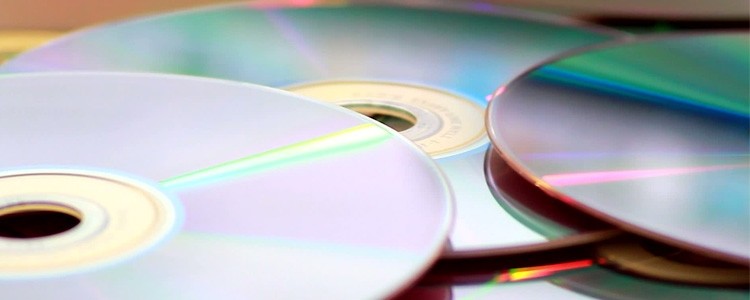
Sony and Panasonic are teaming up to create the next step in data archival: optical discs with a storage capacity of at least 300 GB. The companies hope to achieve the milestone and have units available by the end of 2015. While the discs aren't so much important for media playback with the increasing push for streaming content, Sony and Panasonic are targeting professionals who need long-term, large capacity storage.
Each company holds a range of important technologies relating to optical disc development, which they will be pooling in the hopes of improving their development efficiency. Both also have extensive knowledge in optical disc developent, with Sony and then Panasonic becoming the first two companies to release Blu-ray players.
The new discs will be tough, like most disc-based storage currently available, being not only water- and dust-proof to an extent, but also able to resist changes in temperature and humidty when stored for long periods of time. Flash storage and hard disk drives don't have the same sort of long-term reliability you can expect from an optical disc, which is why developing a 300 GB disc still remains important for some industries.
Currently, the largest disc commercially available is a 100 GB BDXL disc, although the extra-large Blu-ray specification supports up to 128 GB discs. A 100 GB BDXL is essentially a three layer Blu-ray which is not backwards compatible with standard up to 50 GB Blu-ray players, but uses a similar data density. To achieve a 300 GB disc, Sony and Panasonic will have to either develop a new technology that increases the density of data stored on a disc, or come up with a new, reliable multi-layer Blu-ray-type format.
https://www.techspot.com/news/53406-sony-and-panasonic-team-up-for-300-gb-optical-discs.html